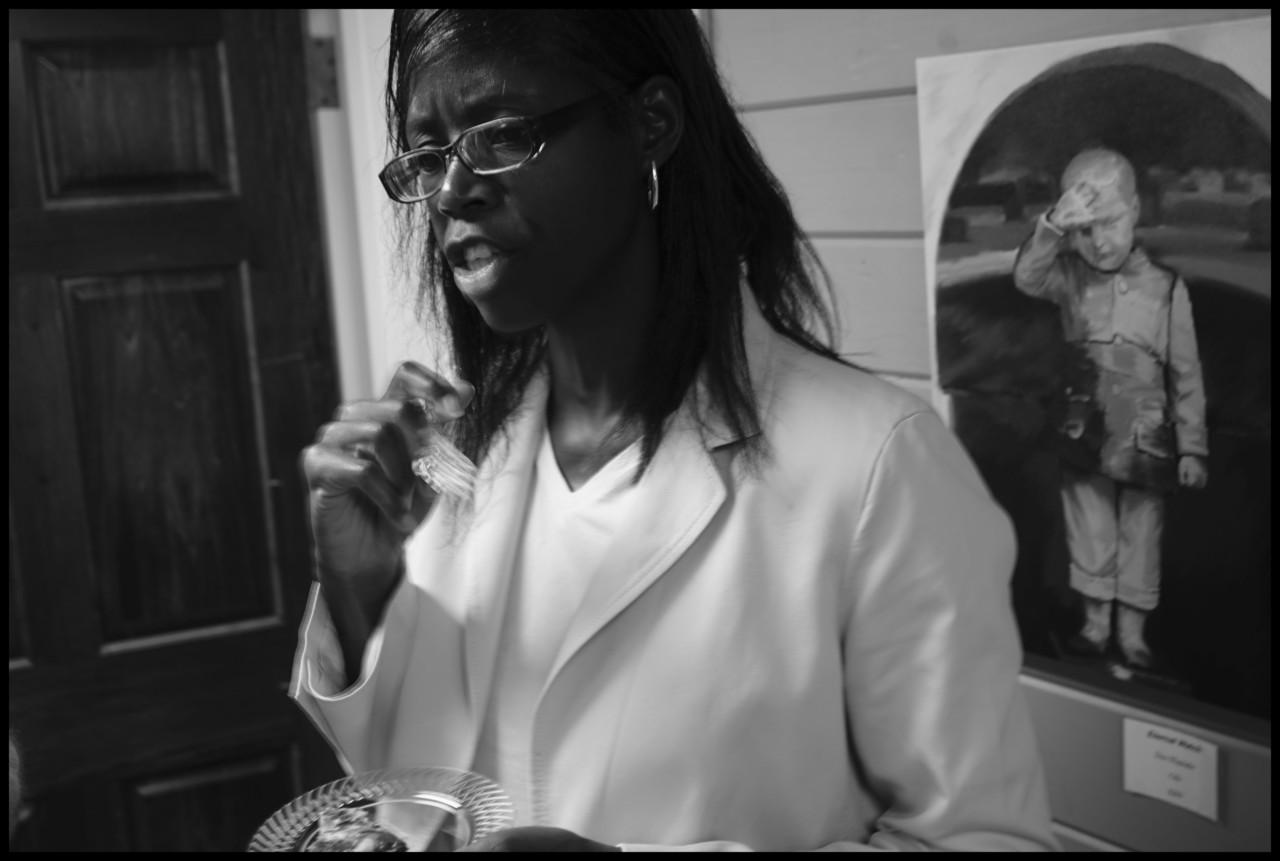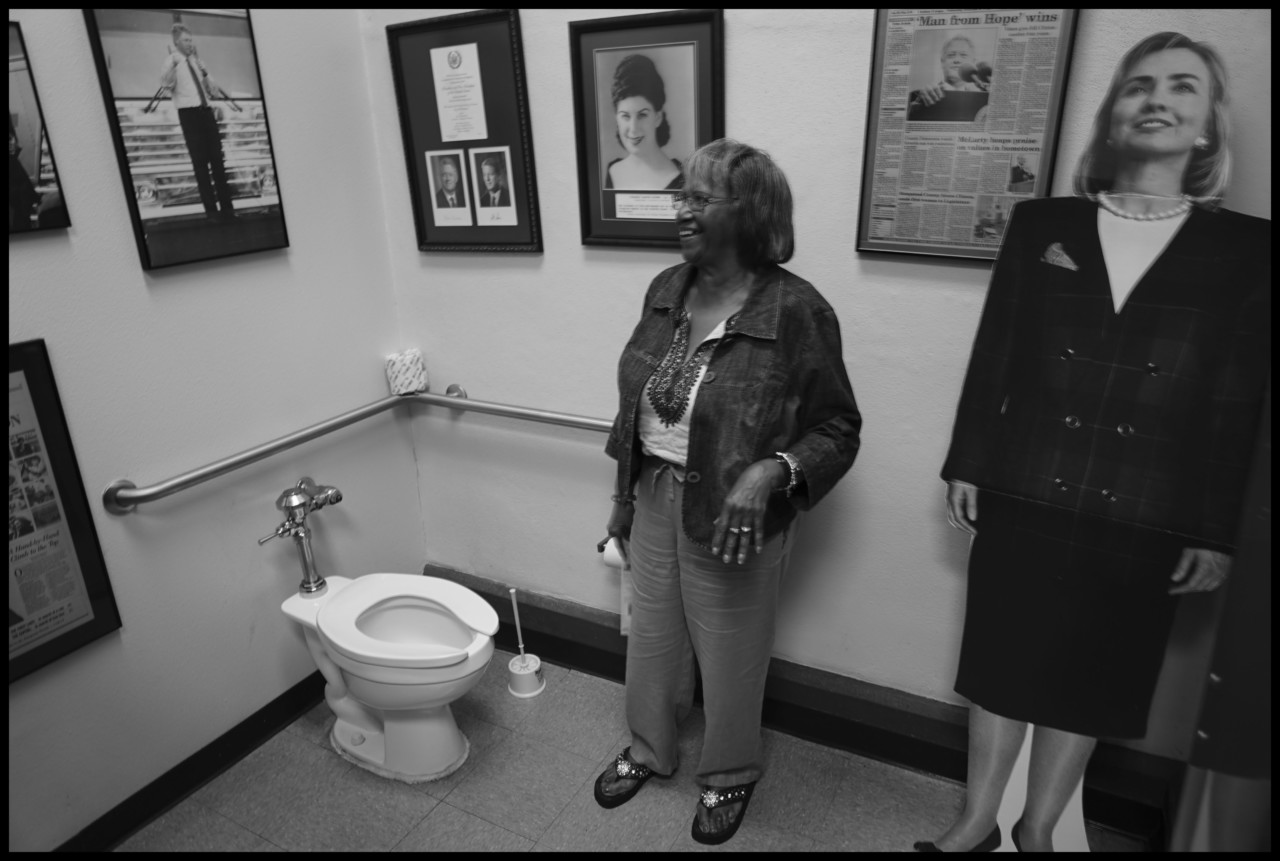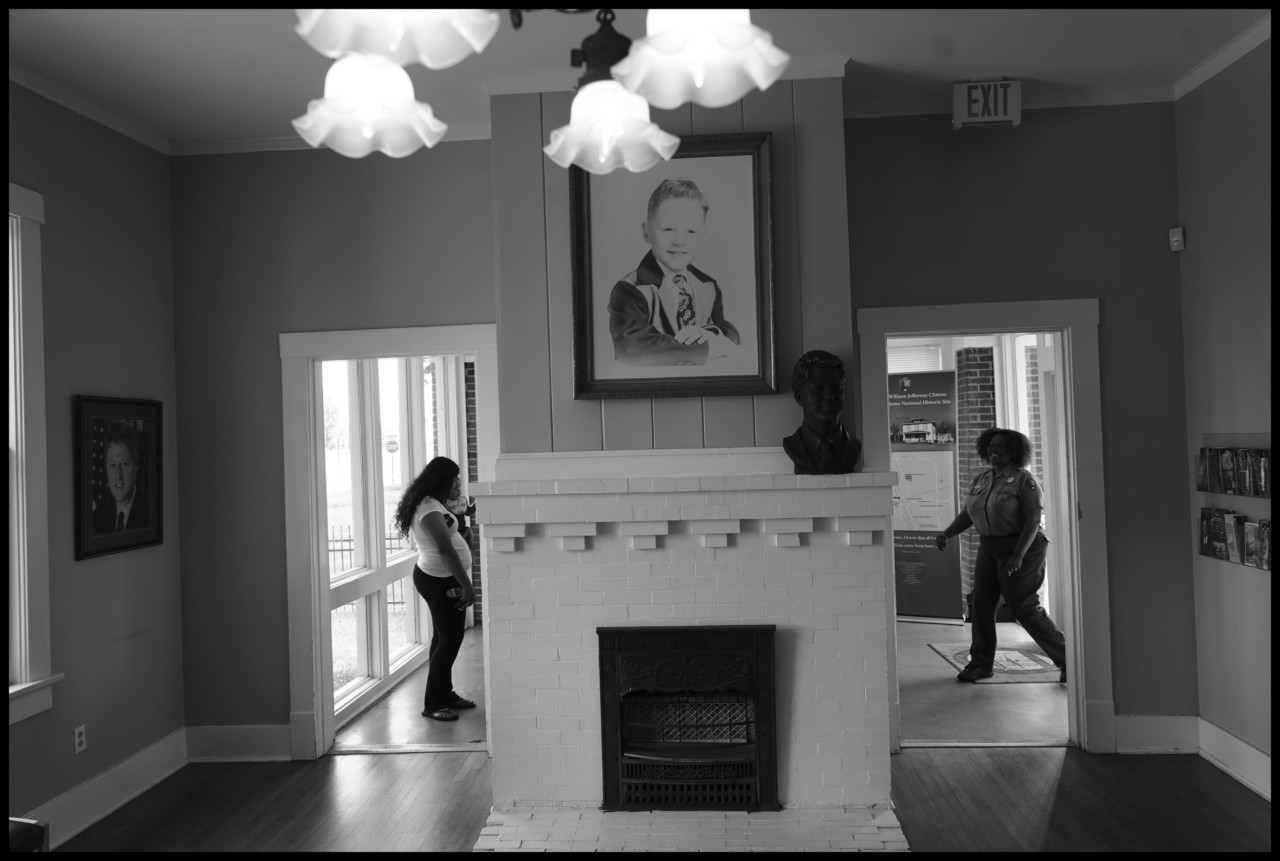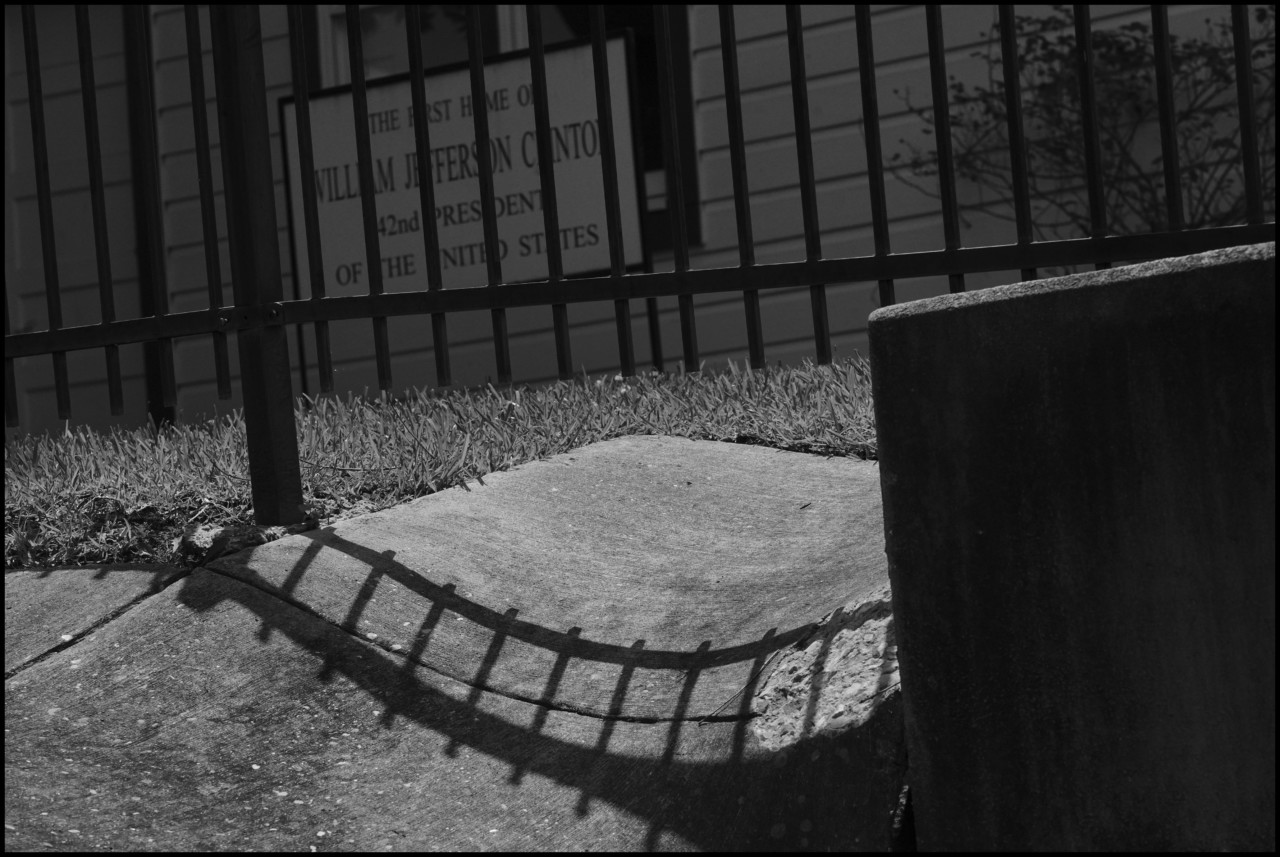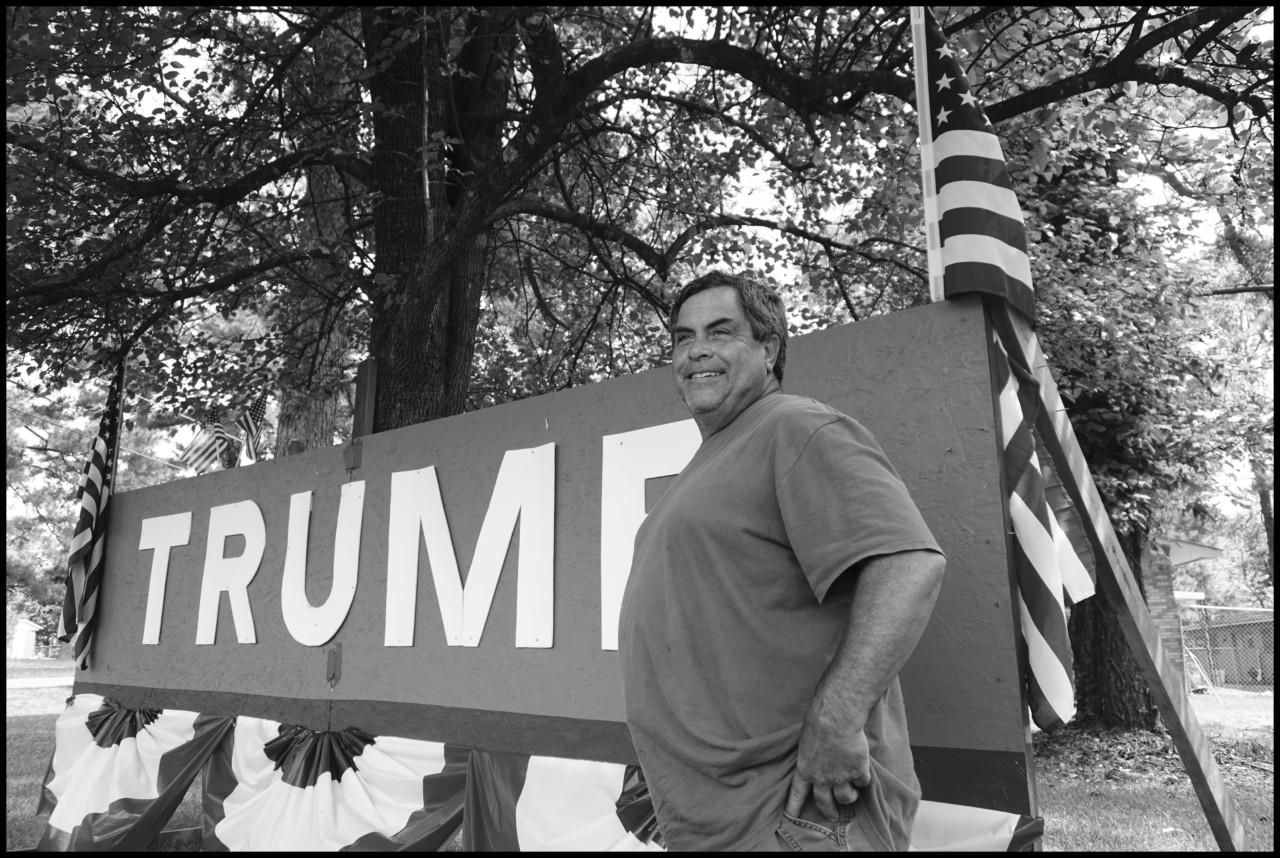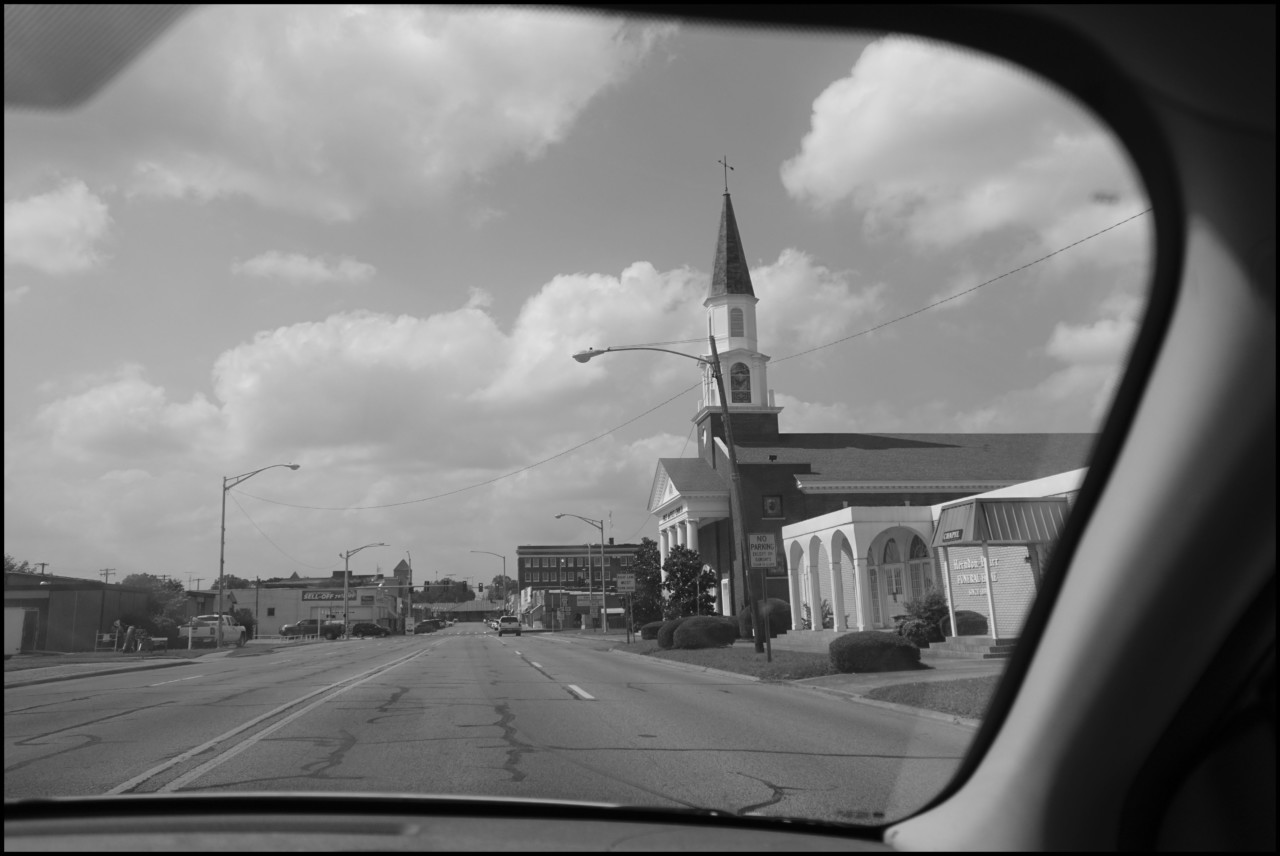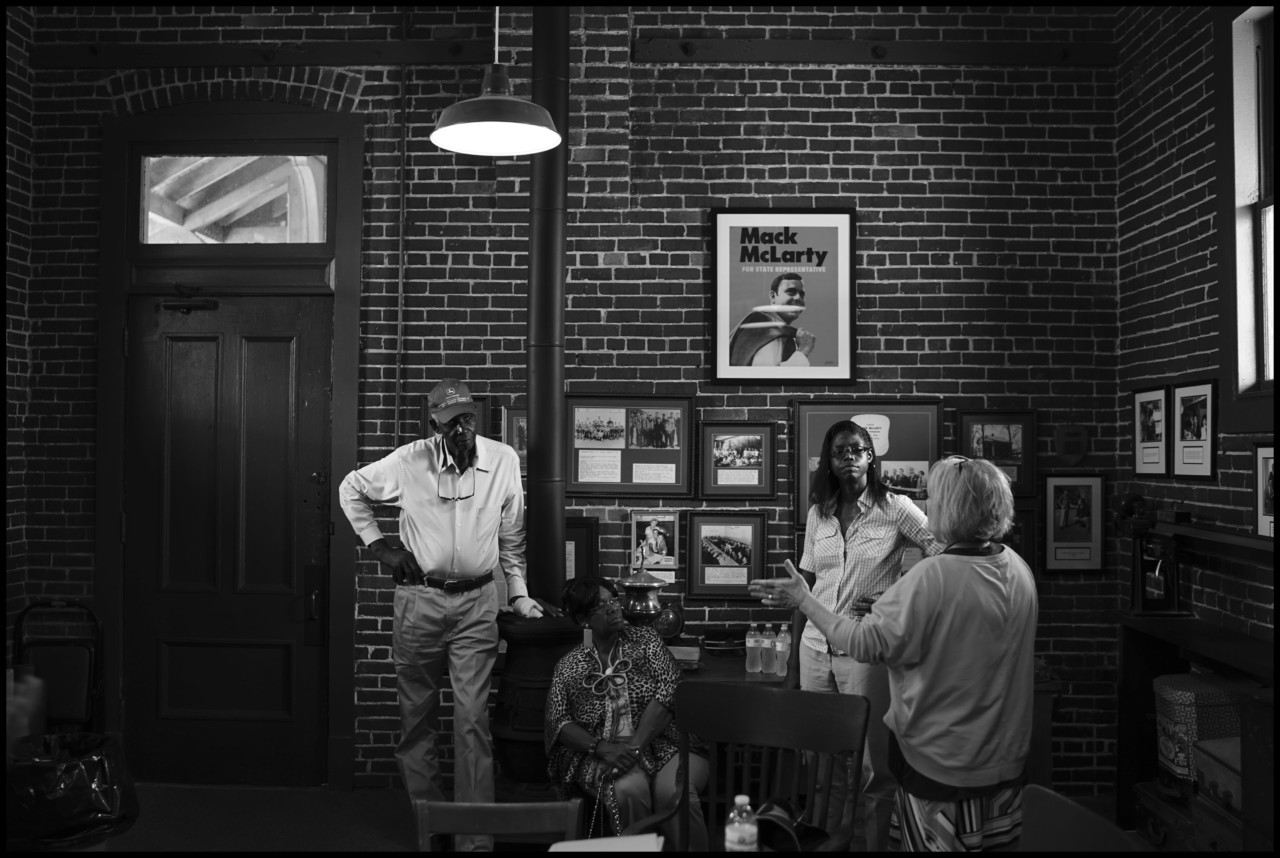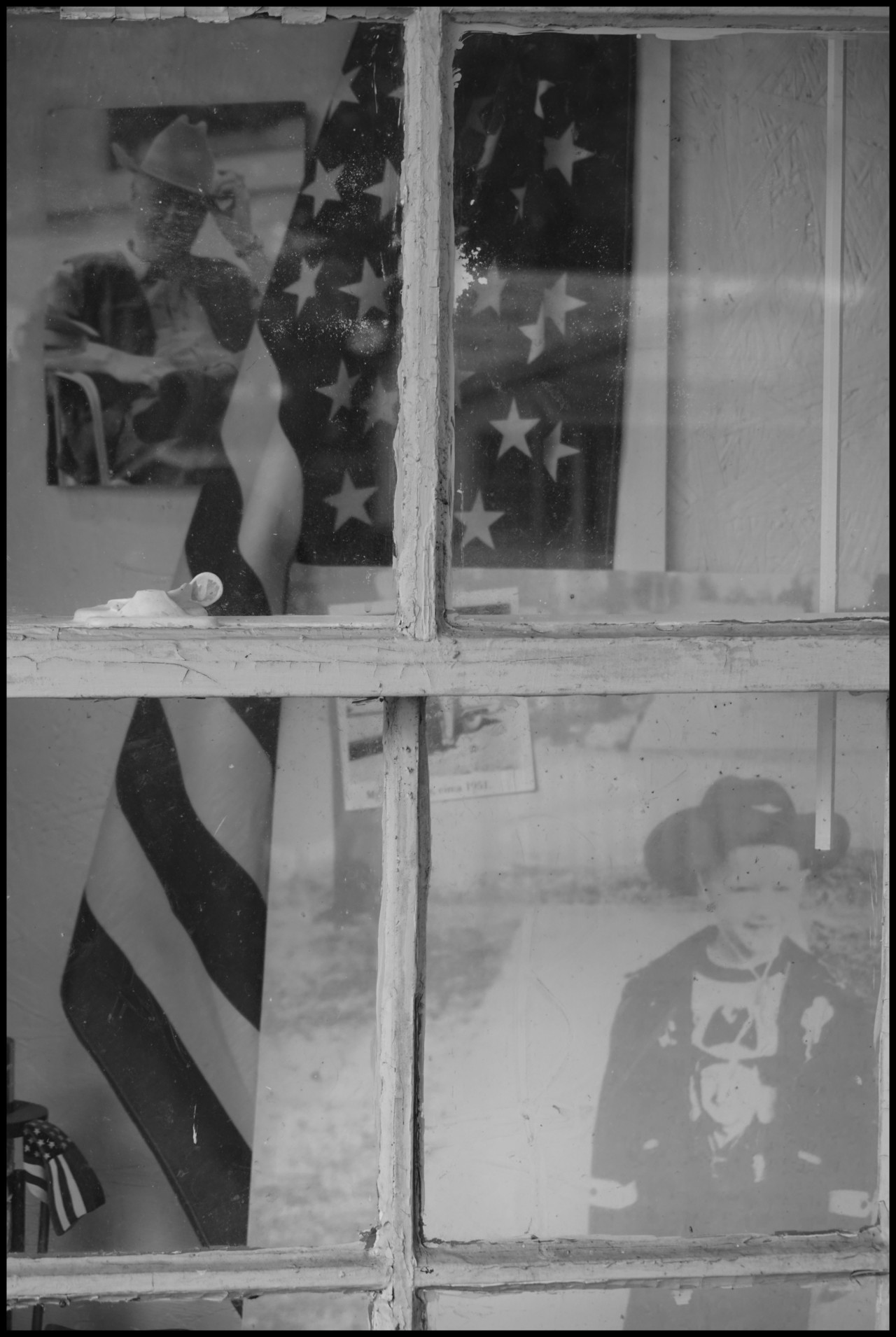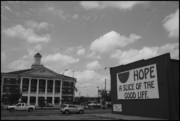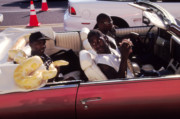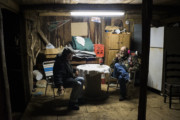When Bill Clinton made his bid to become president of the United States, one of his campaign weapons was a televised promotional film about his humble roots in the small Arkansas town of Hope. The American everytown was a symbol of wholesome values and solid morals. “After I graduated I didn’t really care about making money, I just wanted to go home and make a difference,” says the then presidential hopeful in the 1992 video. “Now it’s exhilarating for me to think that, as president, I could help to change all our people’s lives for the better and bring ‘hope’ back to the American dream.”
“It seemed to me that it could be the perfect place to take the current political temperature of America. The big picture always seems to live in the small details and small towns have an abundance of that. One of the big differences in today’s world is that the people in smaller places actually seem to communicate with each other in a respectful way. They may differ in the chosen political party but they seem to appreciate each other. Talking face-to-face seems to elevate itself above the screeching of harsh insults and disembodied voices on the radio or in the crowded corners of the Internet,” says Magnum’s Eli Reed.
"Basically, it was hometown 101"
-
As America headed into election convention season, Reed hit the road to Hope, Arkansas, blasting Bruce Springsteen on the long drive. “I listened to one of the songs almost with reverence, the one titled ‘A Long Walk Home’ and it got me there,” he says. Reed found Hope very much like the wholesome throwback that the 1992 ad painted it as: “It felt as if it was a return to a place where people were nice and able to respectfully talk with each other with a sense of humor.”
Despite the archetypal small town being the birthplace of former Democratic president Bill Clinton, there wasn’t one overwhelming political stance, although Republican support has swelled. Political meetings usually involved only elder generations; “I didn’t meet with any young people except for Rachel Wright, the local Hope Star newspaper reporter,” says Reed. The meetings usually took the form of an informal meal, and tended to focus on practical issues close to home. “Basically, it was hometown 101…People talked about solutions to problems, events and goings on within their community, and just being good neighbors to each other.”
"I believe that the economic uncertainties of our nation and local communities are very strongly on the minds of the residents of Hope"
-
Sylvia Brown, Head of Hempstead County Women’s Democratic Club, says that many of the residents of Hempstead County tend to take to heart old-fashioned advice that it is impolite to talk about politics, but added, “I believe my neighbors are ready for conversations about the differences between political parties and the real legislative results they’ve achieved.”
Val Knight, a member of the ‘Hope for America’ Tea Party, seems to concur. “I believe that the economic uncertainties of our nation and local communities are very strongly on the minds of the residents of Hope.” The mood in Hope is likely mirrored across the country; Knight agrees that the town represents very much “a snapshot of everytown America”.
More pictures from this photo-story are featured on TIME Lightbox, along with an interview with Eli Reed.




